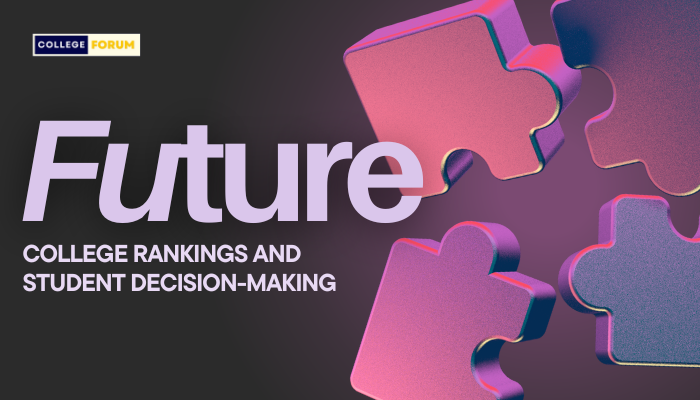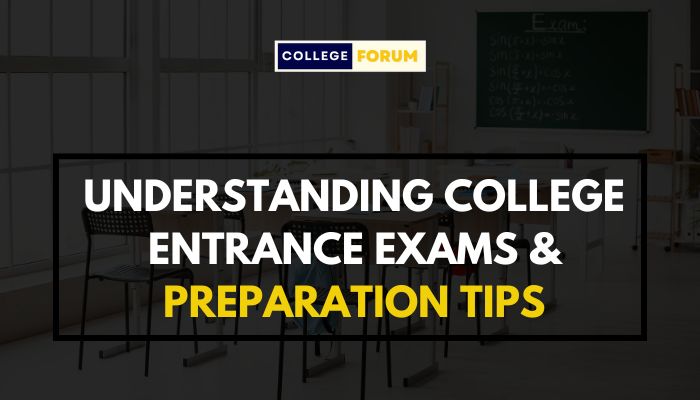10 Tips for College Freshmen How to Make the Most of Your First Year
Top 10 Tips for College Freshmen: How to Make the Most of Your First Year Entering college is a transformative experience, filled with excitement, challenges, and new opportunities. As a freshman, it’s crucial to make the most of your first year to set a solid foundation for your academic and personal growth. Here are the top 10 tips for college freshmen to navigate this pivotal year successfully. 1. Embrace the Change and Stay Open-Minded Understanding the Transition Transitioning from high school to college can be overwhelming. The environment is new, the academic expectations are higher, and you are meeting a diverse group of people. Embrace this change with an open mind. Understand that it’s normal to feel out of place initially, but with time, you will adapt. Building Resilience College life will test your resilience. From managing homesickness to handling academic pressures, being resilient will help you bounce back from setbacks and stay focused on your goals. Tips to Adapt Stay Positive: Maintain a positive outlook. Your attitude towards challenges will significantly impact your ability to overcome them. Be Flexible: Be open to new experiences and willing to adjust your plans as needed. Seek Support: Don’t hesitate to seek support from friends, family, or college resources when you need it. 2. Prioritize Your Time and Stay Organized Time Management Skills Effective time management is crucial for college success. Balancing classes, assignments, social activities, and possibly a part-time job requires careful planning. Tools for Organization Use a Planner: A physical or digital planner can help you keep track of your schedule, deadlines, and important dates. Set Priorities: Determine which tasks are most important and tackle them first. Create a Study Schedule: Allocate specific times for studying to ensure you cover all your subjects adequately. Avoiding Procrastination Procrastination is a common challenge for college students. Break your tasks into smaller, manageable chunks and set deadlines for each part to stay on track. 3. Engage with Your Professors and Academic Resources Building Relationships with Professors Your professors are valuable resources. Building a good relationship with them can enhance your learning experience and provide networking opportunities. Attend Office Hours: Make use of professors’ office hours to ask questions and seek guidance. Participate in Class: Active participation in class can help you better understand the material and show your professors that you are engaged. Utilizing Academic Resources Most colleges offer various academic resources such as tutoring centers, libraries, and writing labs. Take advantage of these resources to support your studies. 4. Get Involved on Campus Joining Clubs and Organizations Joining clubs and organizations is a great way to meet new people, explore interests, and develop leadership skills. Explore Different Clubs: Attend club fairs and meetings to find organizations that interest you. Take on Leadership Roles: If you find a club you’re passionate about, consider taking on a leadership role to enhance your experience. Participating in Campus Events Campus events are an excellent way to get involved and feel more connected to your college community. Stay Informed: Keep an eye on campus bulletin boards and social media for upcoming events. Be Active: Participate in events and activities to make the most of your college experience. 5. Take Care of Your Physical and Mental Health Maintaining Physical Health Your physical health is essential for your overall well-being and academic performance. Eat Healthily: Make balanced food choices and avoid excessive junk food. Exercise Regularly: Incorporate regular exercise into your routine to stay fit and relieve stress. Get Enough Sleep: Aim for 7-9 hours of sleep per night to ensure you are well-rested. Focusing on Mental Health College can be stressful, so it’s important to take care of your mental health. Manage Stress: Practice stress management techniques such as meditation, yoga, or deep breathing exercises. Seek Help if Needed: If you’re feeling overwhelmed, don’t hesitate to seek help from counseling services available on campus. Stay Connected: Maintain relationships with family and friends for emotional support. 6. Develop Strong Study Habits Effective Study Techniques Developing effective study habits early on can make a significant difference in your academic success. Active Learning: Engage with the material through discussions, teaching others, or applying concepts to real-world scenarios. Regular Review: Regularly review your notes and coursework to reinforce learning and retain information. Group Study: Studying in groups can provide different perspectives and enhance your understanding of the material. Creating a Productive Study Environment Find a Quiet Space: Choose a study environment that is free from distractions. Stay Organized: Keep your study materials organized to make studying more efficient. Set Goals: Set specific, achievable goals for each study session to stay focused and motivated. 7. Manage Your Finances Wisely Budgeting Learning to manage your finances is a crucial skill for college and beyond. Create a Budget: Track your income and expenses to avoid overspending. Save Money: Look for ways to save money, such as buying used textbooks or cooking at home instead of eating out. Financial Aid and Scholarships Apply for Scholarships: Regularly search for and apply to scholarships to help fund your education. Understand Financial Aid: Familiarize yourself with your financial aid package and seek clarification if needed. Avoiding Debt Use Credit Wisely: Avoid accumulating unnecessary debt by using credit cards responsibly. Limit Loans: Only take out student loans for what is necessary and understand the repayment terms. 8. Build a Professional Network Networking Opportunities Building a professional network can open doors to internships, jobs, and other opportunities. Attend Networking Events: Participate in career fairs, workshops, and networking events organized by your college. Connect with Alumni: Utilize your college’s alumni network to seek advice and mentorship. Developing Professional Skills Create a Resume: Develop a strong resume that highlights your skills and experiences. LinkedIn Profile: Create and maintain a professional LinkedIn profile to connect with industry professionals. Seek Internships: Gain practical experience through internships to build your resume and skills. 9. Explore Career Options Career Counseling Services Most colleges offer career counseling services to help students explore potential career paths. Career Assessments: Take
10 Tips for College Freshmen How to Make the Most of Your First Year Read More »






